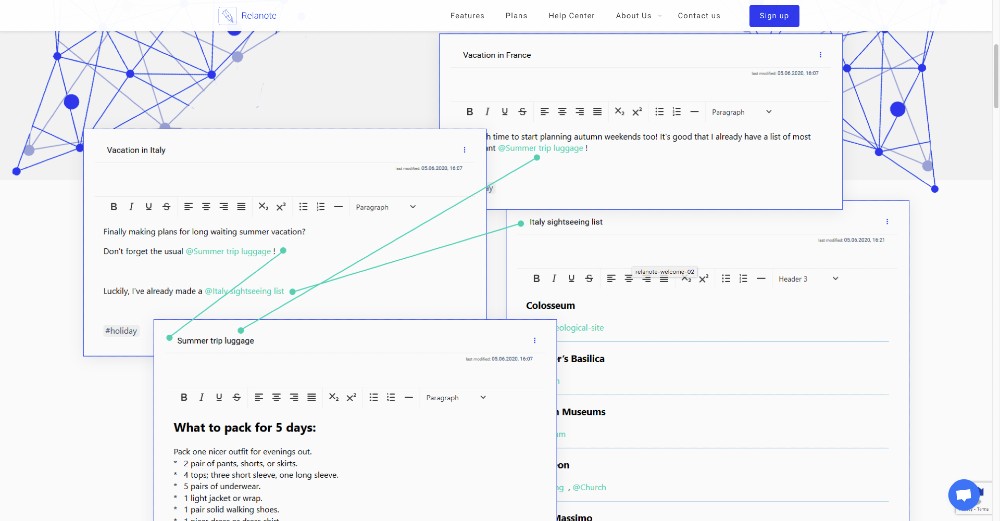Email is one of those ubiquitous unpleasantries (like sweet potatoes, or pumping your own gas) with which we put up through necessity. HEY, a paid email alternative, looks to quiet the email experience and make it less cluttered–and, thus, more enjoyable.
HEY is the brainchild of Basecamp developer Jason Fried, and it represents an initiative to reclaim the email process from the numerous scammers, spammers, and general tomfoolery one expects to find in a traditional inbox.
The question, then, is this: Can a paid email client compete with free services with Gmail, even in the name of convenience?
Fried seems to think so, and with good reason. HEY manages a plethora of tasks, a process designed from the ground up to give you and your team peace of mind. For starters, HEY only allows emails to populate your inbox if you have explicitly stated that you want to receive emails from the sender in question; this tactic, referred to as “consent-based email” by the HEY team, relies on the HEY “Screener” feature, and it’s something other email providers should notice.
Furthermore, should you elect to bar a sender via the Screener, HEY won’t ask again–you simply won’t hear from that sender anymore. This is a welcome change of pace in a world in which unwelcome emails seem to come from every corner of the Internet should one be so bold as to have the same email address for more than 30 seconds.
Another feature HEY emphasizes is its “Imbox”, which is where all of your important emails arrive; other emails go to “The Feed” or “The Paper Trail” depending on their level of relevance–something that you determine rather than waiting for your email client to figure it out (ahem, Gmail–again, take note, please).
HEY also affords you your own “hey.com” email address, which is a step that they refer to as a “fresh start”. Anyone who has attempted to network in a digital age knows how important standing out during your initial meeting and first impression is crucial, so perhaps HEY’s creation of a unique domain for each user will accomplish this goal in an organic, non-gimmicky manner.
Other features are as numerous as they are convenient; here are our favorites from HEY’s product page:
- A “Reply Later” queue that doesn’t force you to mark important emails as “unread”
- A dedicated file indexing and search system so that you can find your necessary files without too much digging
- A built-in spy blocker that removes the need for browser extensions like PixelBlock
At the time of this writing, HEY offers a 14-day free trial; once that’s up, you’ll pay $99 per year, a price tag that includes 100 gigabytes of storage, access to mobile and multi-platform HEY apps, privacy features, and the ability to export everything should you need to cancel.
As HEY puts it, the “price” you pay for “free” email apps comes in the form of data–and that’s a pretty hefty price to pay. If you’re looking for a more secure, more convenient, relatively reasonably priced email client for 2020, HEY may be worth your time.
Jack Lloyd has a BA in Creative Writing from Forest Grove's Pacific University; he spends his writing days using his degree to pursue semicolons, freelance writing and editing, oxford commas, and enough coffee to kill a bear. His infatuation with rain is matched only by his dry sense of humor.














































